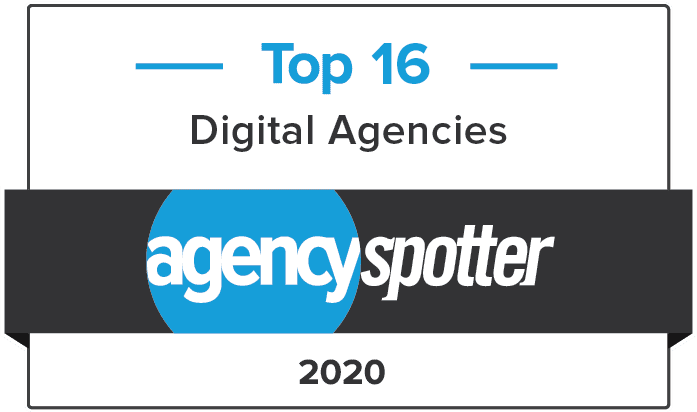
The Good, Bad and the Ugly of Brand Reputation
In the digital age, no one has complete control of their image, whether we’re talking about a company or an individual. If you’ve thought of personal privacy as a line that can’t be crossed, hearing that individuals aren’t even in complete control of their image might be distressing. Unfortunately, in the era of social media and Internet trolls everyone can be a target.
I won’t spend this time discussing how to combat Internet trolls. Frankly, they’re the great white sharks of the internet. It’s best to stay calm, swim away and avoid interaction when possible.
However, for corporations and organizations trolls aren’t really the main threat to a brand. It’s typically the savvy consumer. That’s why it is imperative for an organization to monitor what is being said about their brand online, every single day.
Over the years, SA has helped many organizations monitor their brands and win back their audiences when something jeopardizes their reputation. We’ve seen it all—good, bad and ugly. In this post, I’ll teach you some lessons we’ve learned along the way.
Starting with the ugly and working our way back, I will present three scenarios that illustrate the importance of reputation management. Two scenarios involved a SA client. Because of client confidentiality, I am not able to name the clients, but I’ll give you enough to get an understanding of each situation.
The Ugly: Carson King and The Des Moines Register
I began this blog telling myself that readers are tired of hearing about this story. There are plenty of other examples to illustrate my point here. And yet…
Nothing comes close. This is about as bad as it gets. Here’s the short version for those outside of Iowa. Carson King’s sign asking for donations to his Busch beer fund went viral after appearing on ESPN’s Game Day. Donations poured in, and King decided to give the money to the children’s hospital at University of Iowa—his alma mater’s main rival. However, during a background check for a story with The Des Moines Register, a reporter uncovered tweets that were racist in nature that King posted when he was a teenager. Instead of allowing the Register to publish the information about the tweets as part of their story, King chose to go public and apologize prior to publication.
King was the only one who seemed to make the right decision. He got ahead of the story and held a press conference before publishing. The real victim of poor reputation management is the Register. They didn’t know the reporter who wrote the story had similar tweets in his past. And they promptly let the employee go—which brought a mixed reaction with strong opinions from both supporters and people who opposed the firing.
Poor decisions fueled this fire, and there was no stopping the runaway train once the reporter’s tweets became public. News broke on social media prior to publication. The Des Moines Register lost control of the story even before it ran online. That is why monitoring social is so, so vital. The damage to The Des Moines Register and Gannett is devastating, not just to their reputation but their revenue. They lost both subscribers and employees.
The Bad: A Bad Smell and a Little Misguidance
A few years ago, we received a call from a Central Iowa agricultural company at the center of a news story relating to a strong, unpleasant smell coming from one of their facilities in a small community outside of the metro. They wanted help combatting the news story.
Our process started by understanding how they planned to fix the problem in order to eliminate the smell. They wanted us to focus our efforts on a clarifying news story that could counter the one that was already making the rounds. However, we counseled them the media was not their core audience – the town’s citizens were.
We helped draft a letter for all community residents. In it, the company’s CEO took responsibility and promised quick action to resolve the issue. A second news story aired with just one station in the market, and then nothing further surfaced.
The Good: A Lesson in Being Proactive
Earlier this year, a local nonprofit we work with experienced the impact of a negative story. At an affiliated organization, a staff member was arrested under unfortunate circumstances. However, the story was reported in a way that caused confusion. Readers assumed the arrest happened at our client’s organization—when, in fact, it occurred outside the metro area.
Quick action from the CEO and our PR team prompted media to correct stories published online. By the afternoon on the day the story originally broke, a clarifying statement from the client was released to metro news, prior to evening newscasts and print editions the next day. No further stories were published that inaccurately named our client.
These scenarios illustrate the importance of thoughtful, well-timed action. How and when organizations respond to an issue greatly impact how quickly a company can take back control of the story. Doing nothing is no longer an option. Not acting is the first step toward an ugly situation. It eventually brings you to a point where point where a company’s reputation is permanently damaged.
When you are proactive, you keep control of your brand, your image and your narrative—and you get to be Clint Eastwood in that narrative.



